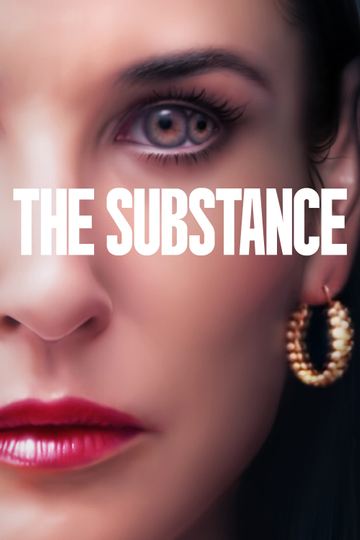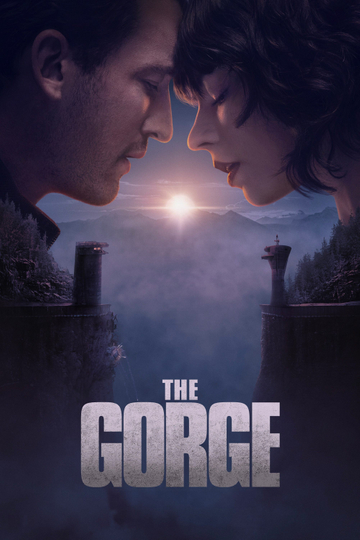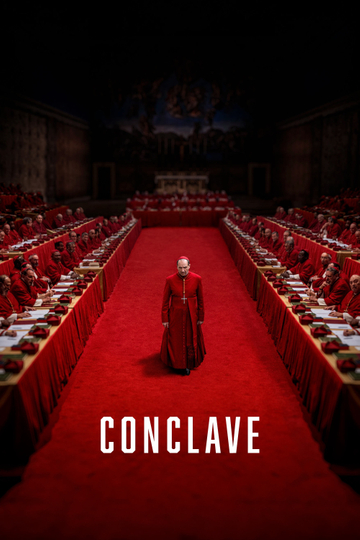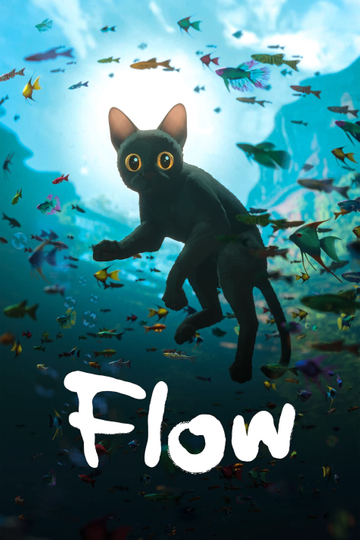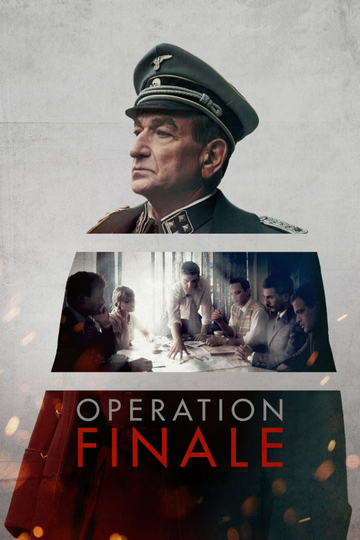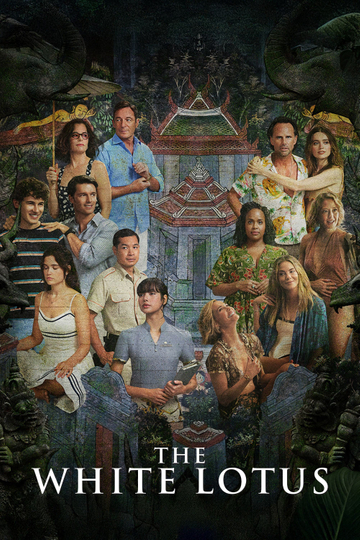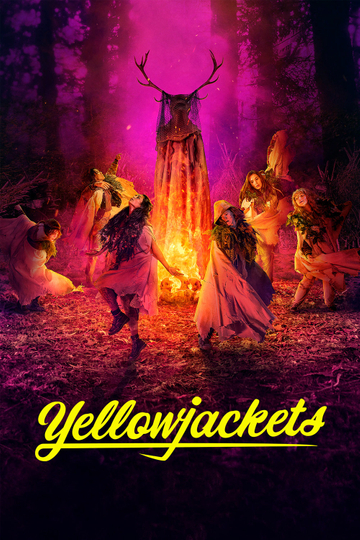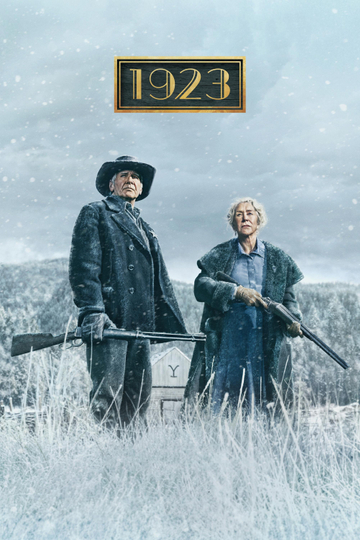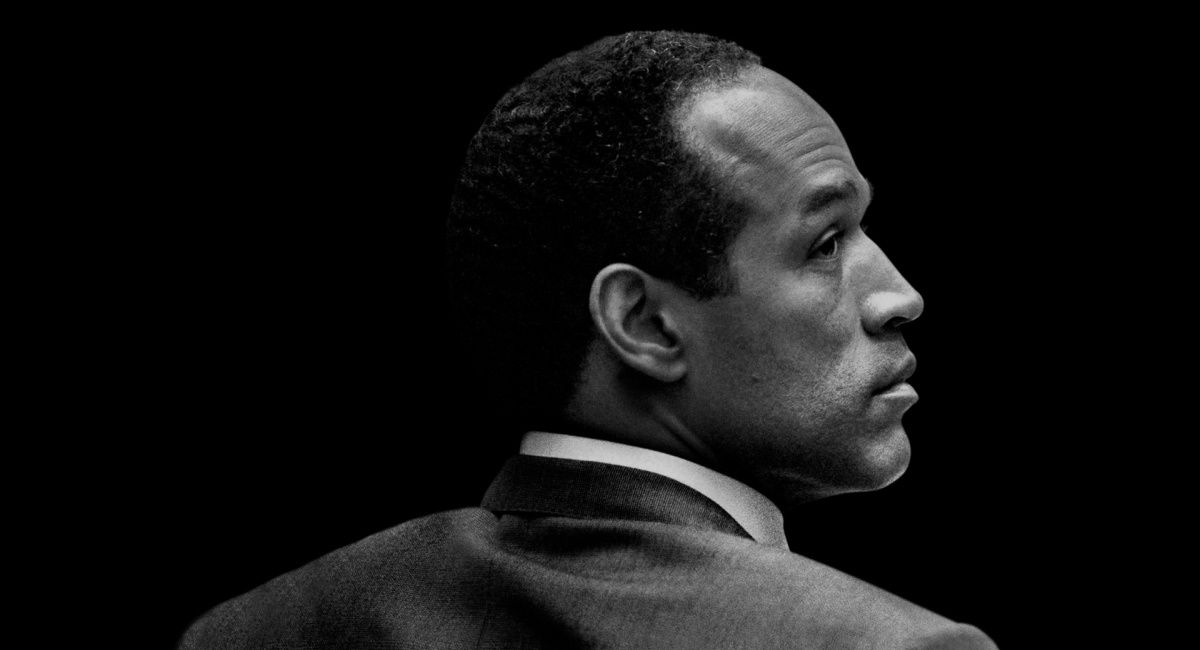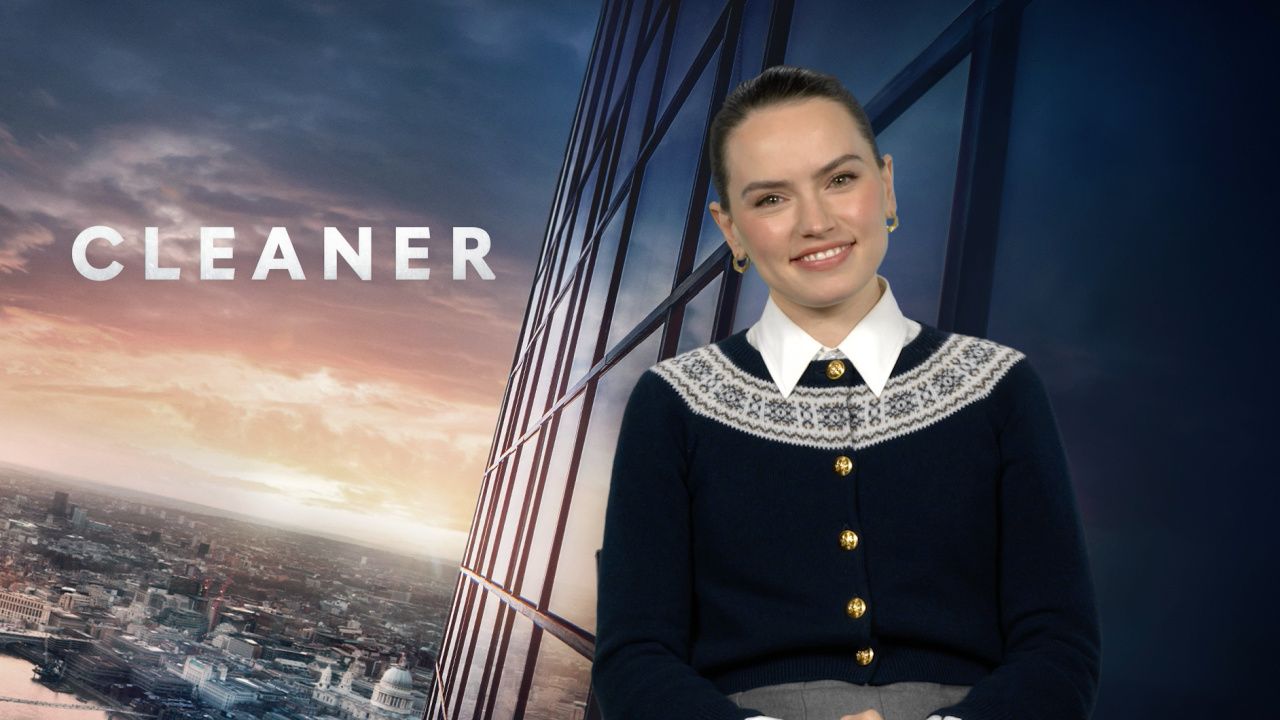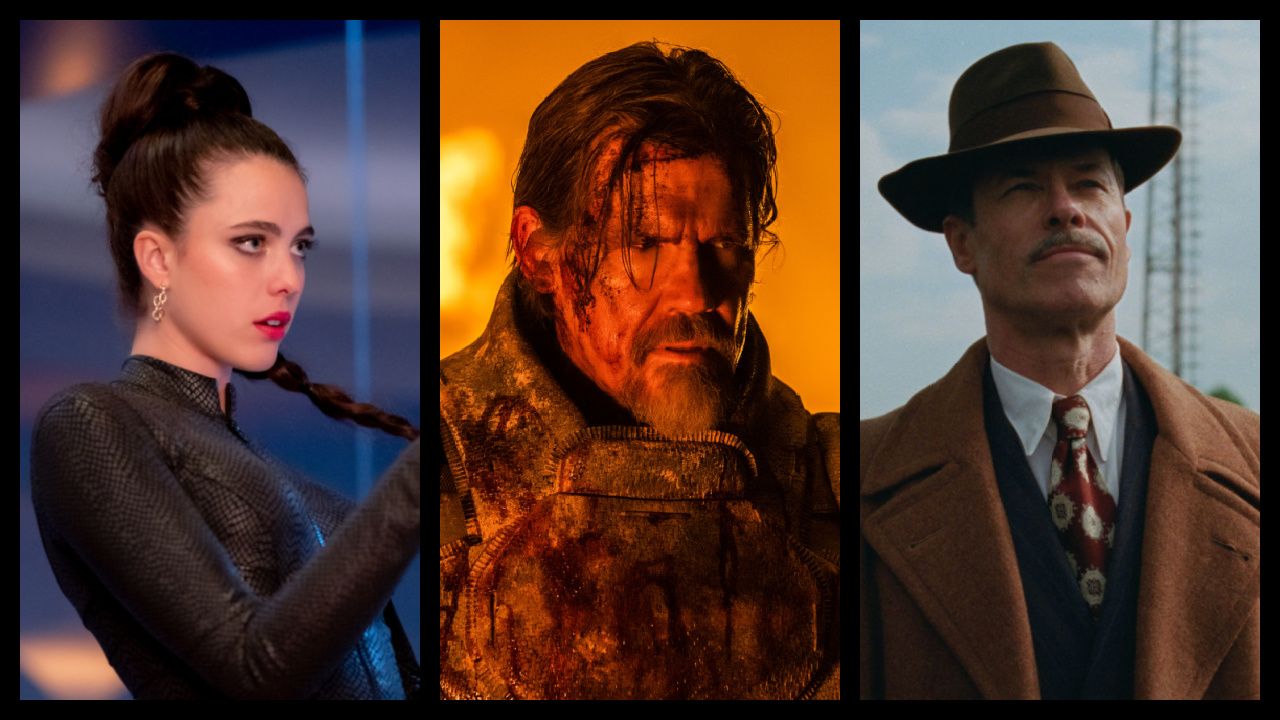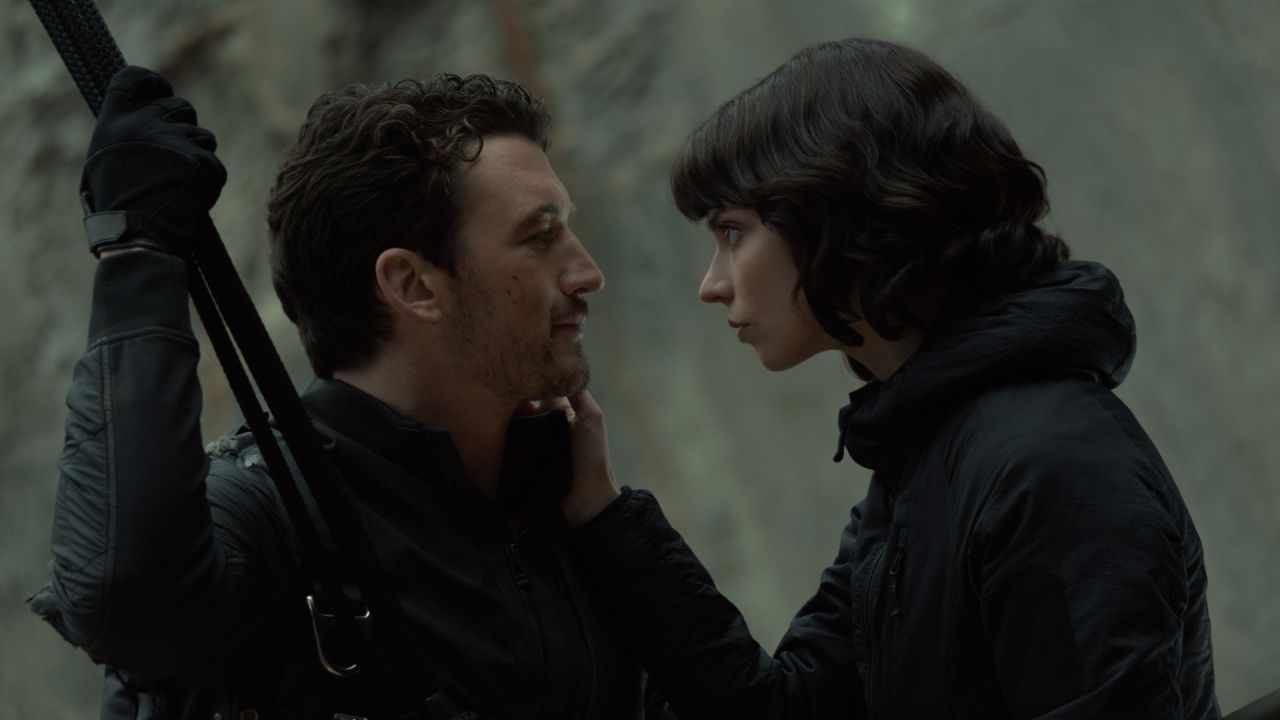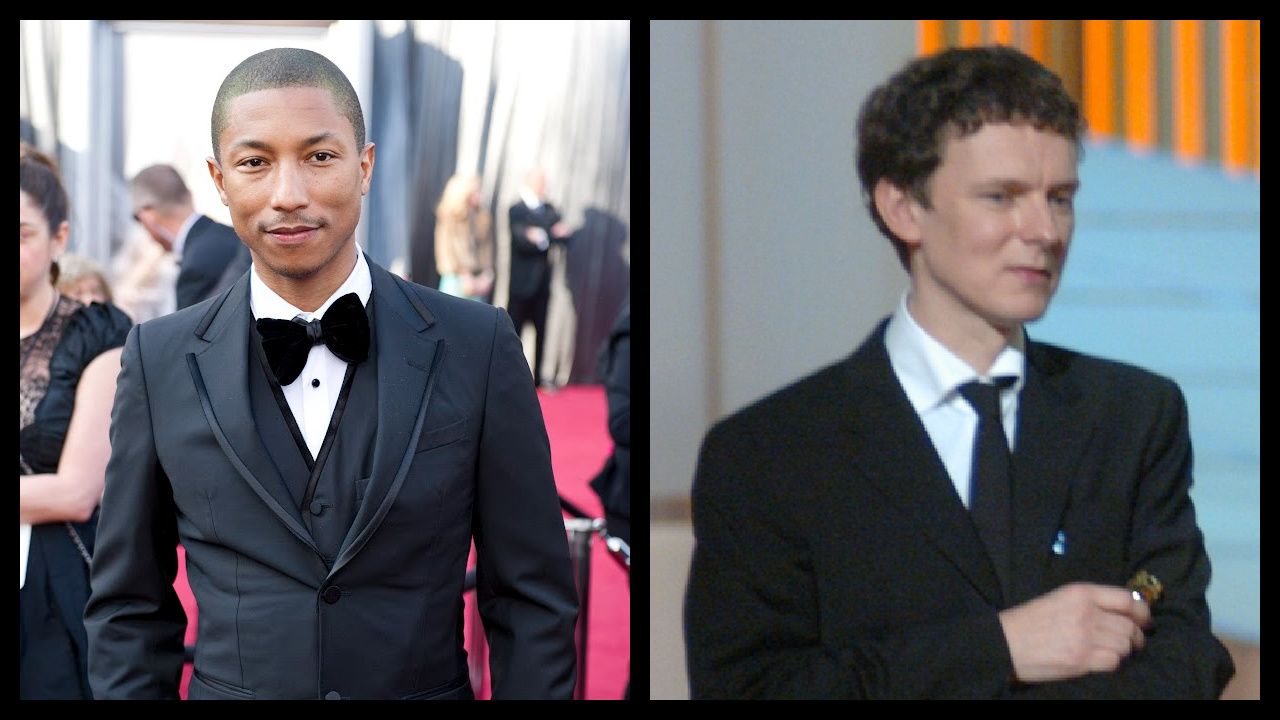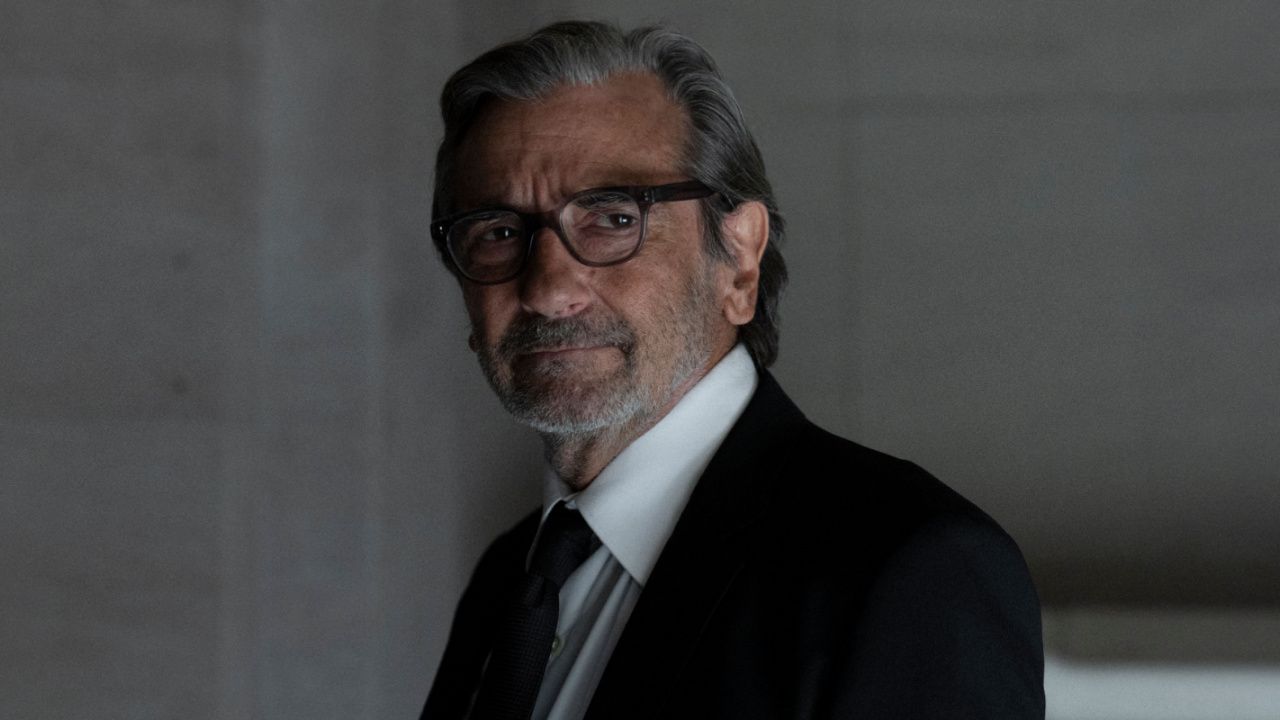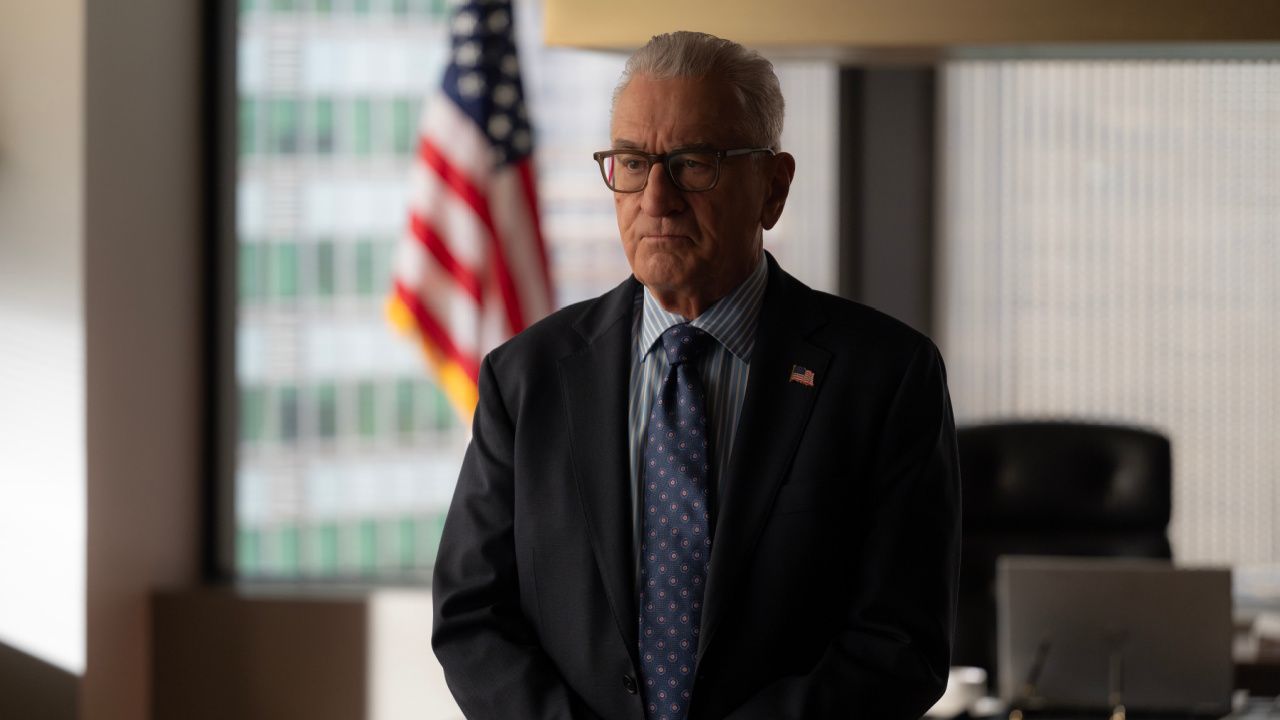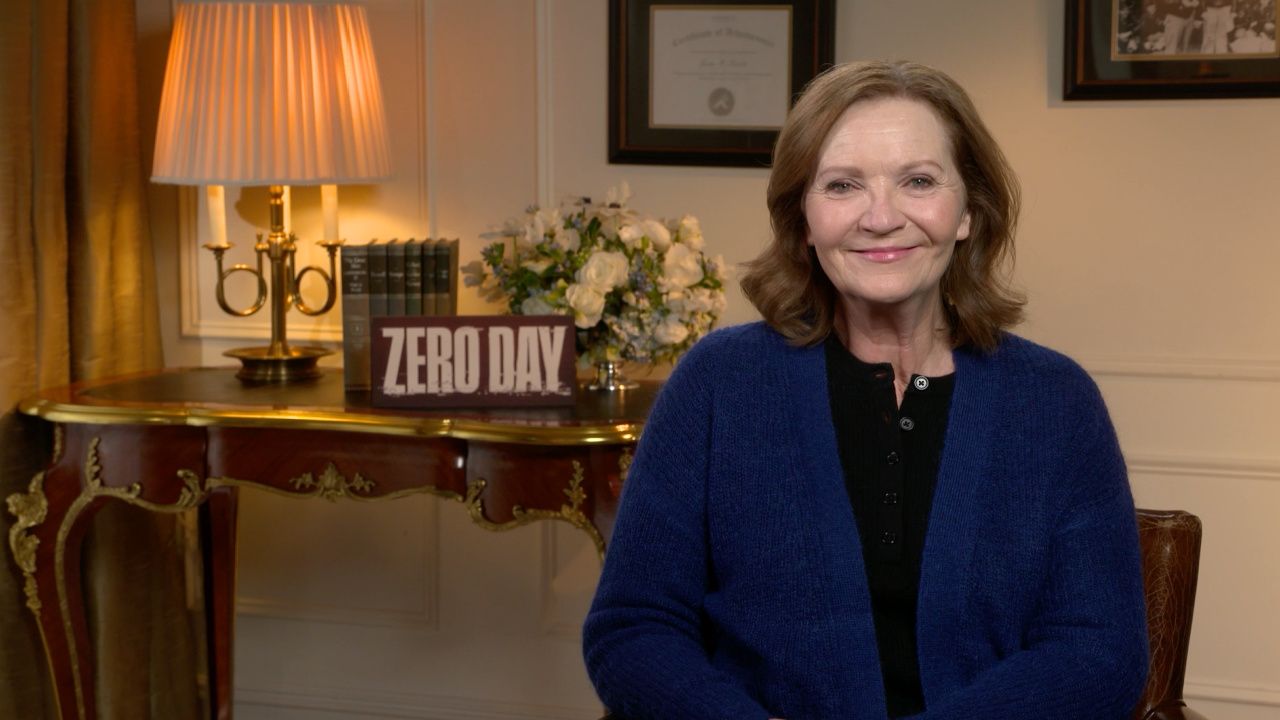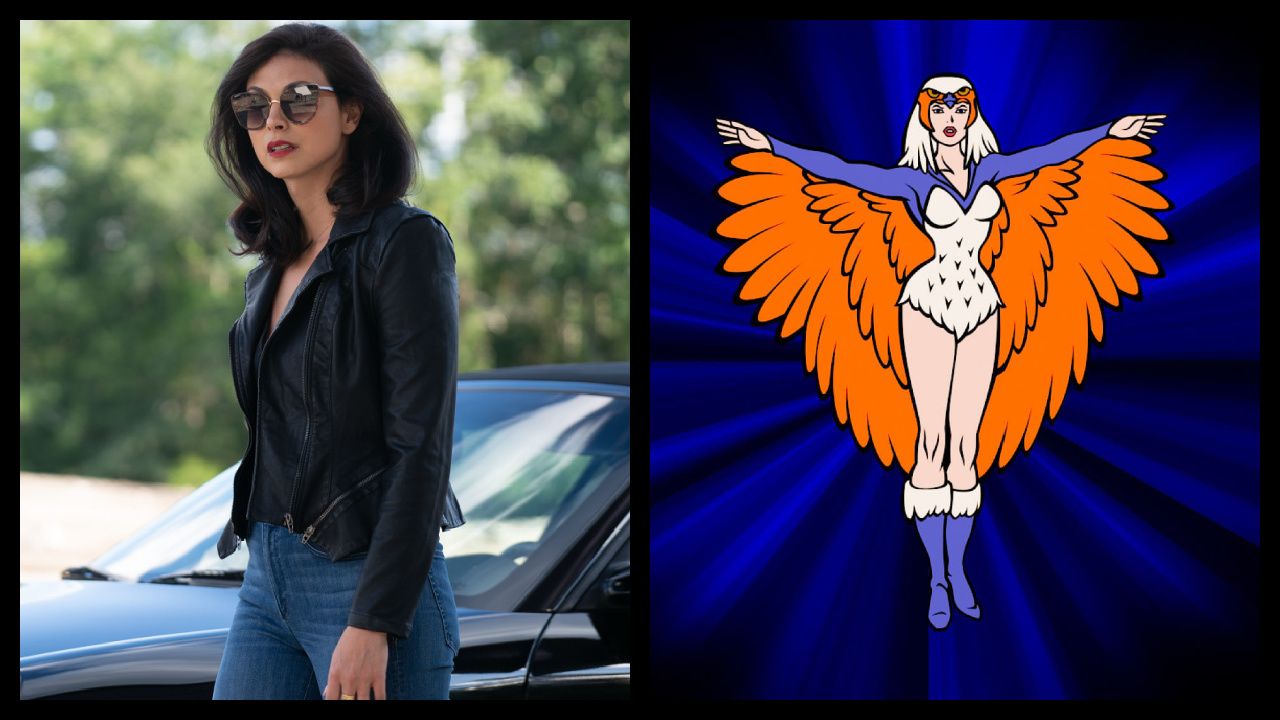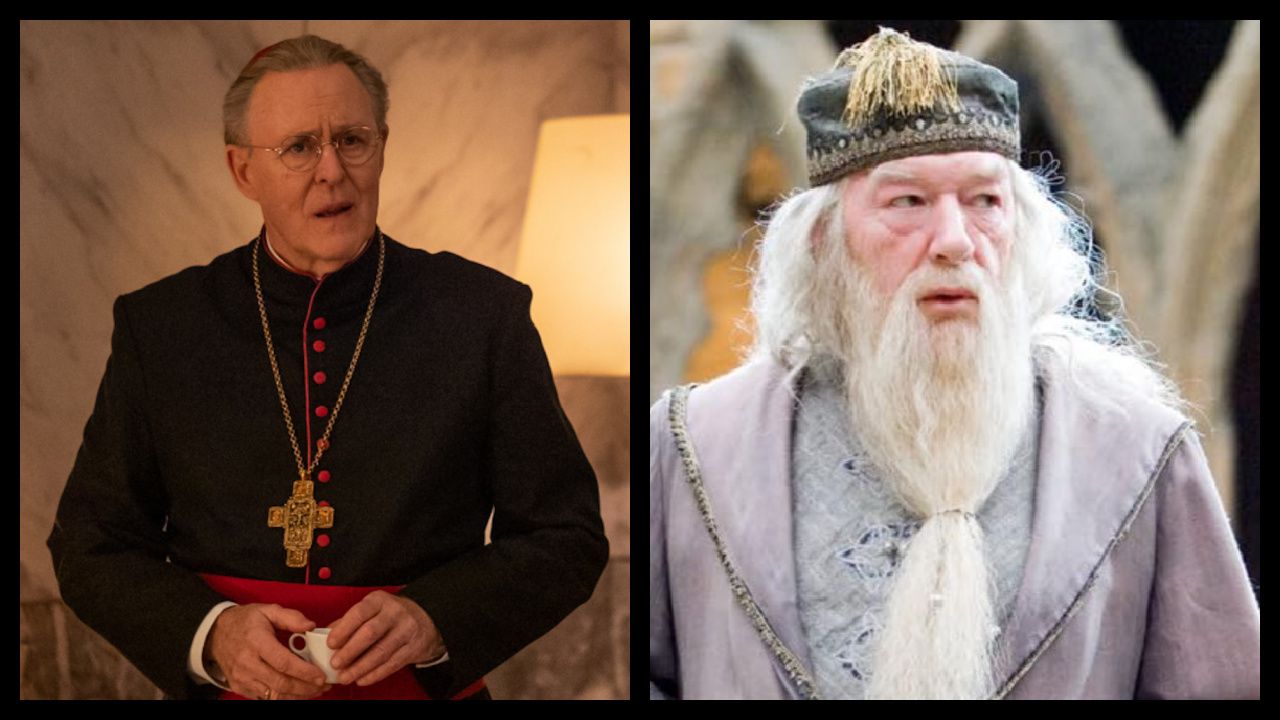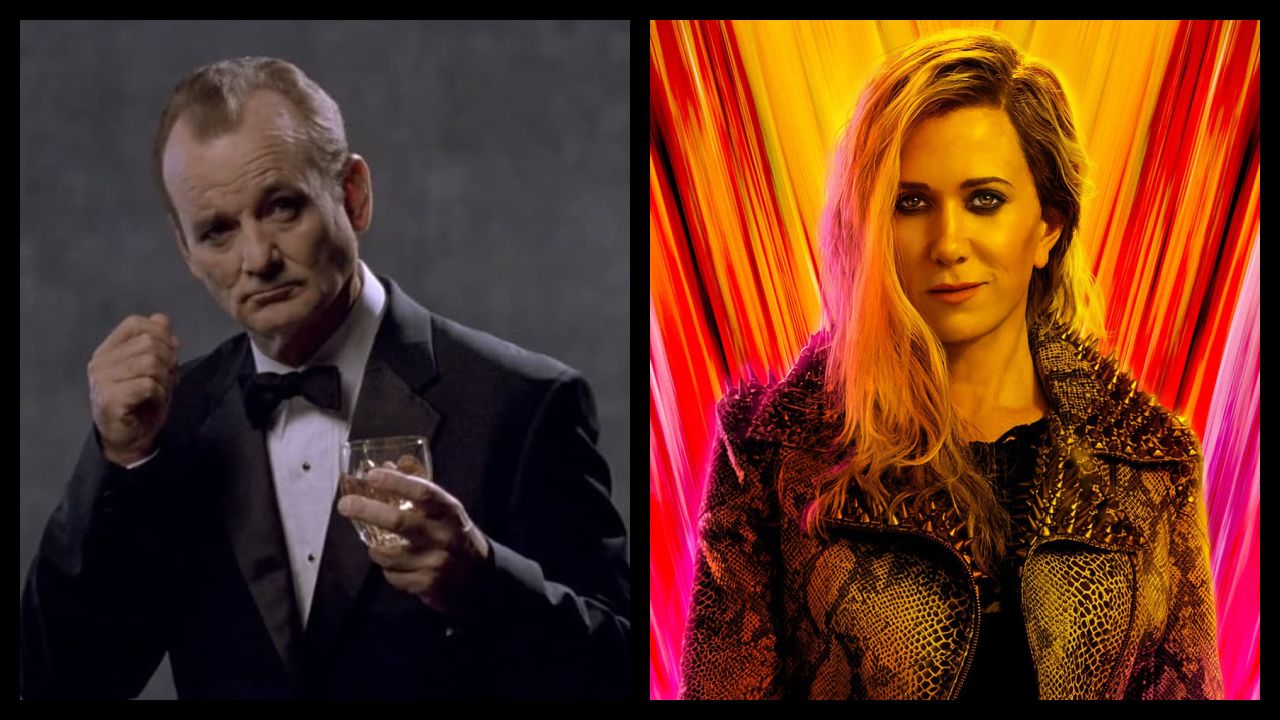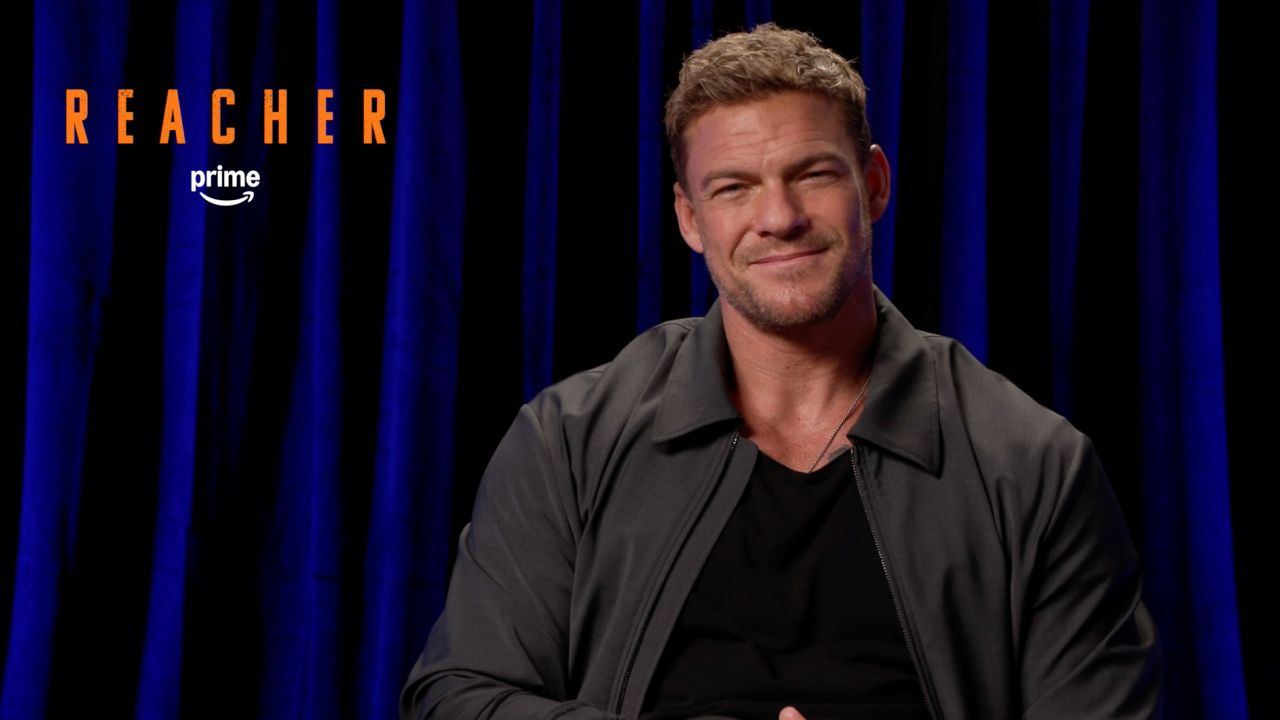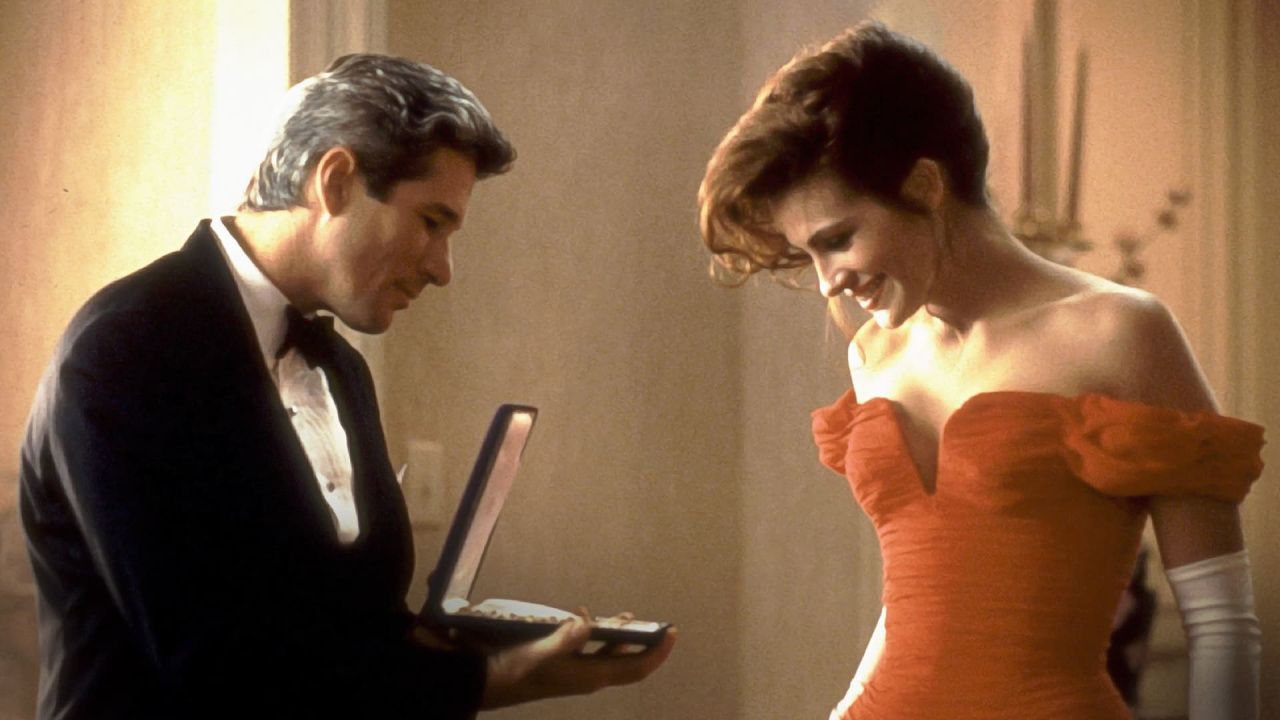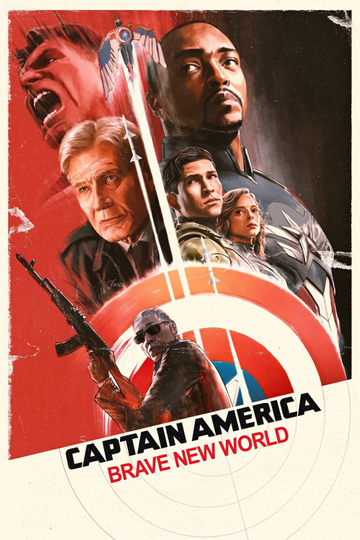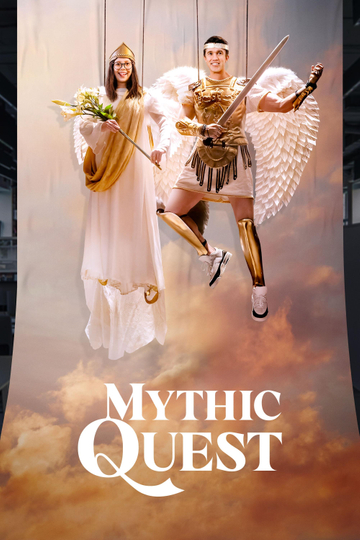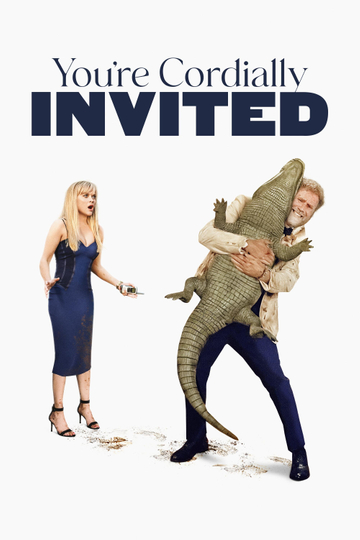'People v. O.J. Simpson' Writers Kept a Creepy Souvenir
They are the real Dream Team behind the scenes of "The People v. O.J. Simpson."
For years, screenwriters Scott Alexander and Larry Karaszewski have, of course, been Hollywood's go-to team for darkly comic feature film biopics starring off-kilter subjects ranging from schlock filmmaker Ed Wood ("Ed Wood"), porn publisher Larry Flynt ("The People Vs. Larry Flynt"), avant garde comedian Andy Kaufman ("Man on the Moon"), murdered sitcom star Bob Crane ("Auto Focus") and kitschy cult painter Margaret Keane ("Big Eyes").
But with their very first venture into television as writer/producers, teaming with executive producer Ryan Murphy, they electrified a long dormant genre with their 10-part examination of the most high-profile celebrity court case in recent history. As a result, the mini-series scored a phenomenal 22 Emmy nominations (four of which it already took home at last weekend's Creative Arts Emmys Awards), including a shared nod for writing the debut episode "From the Ashes of Tragedy"), making it one of the odds-on favorites to take home an armload or two of the winged trophies by the ceremony's end.
Moviefone recently spent time with the research-obsessive, snarkily insightful scribes to get a sense what's happened for them since the viewing audience delivered its verdict on their freshman foray into an increasingly vibrant TV landscape -- and they reveal the characteristically unconventional souvenir they kept from the production.
Moviefone: Has this experience really opened up TV as a place where the two of you want to do a lot of work?
Scott Alexander: Larry and I are very bad at capitalizing on opportunity. So we have made exactly zero television follow ups. We have no projects and we have nothing to do. We've been presented with lots of opportunities. Everyone at FX is amazing, and everyone at every other network has called us up. We do have three feature commitments we need to work through.
I mean honestly, a lot of people have come to us saying, "Whatever you guys want, we'll do it." And we haven't had an idea that we've loved as much as "O.J.," and "O.J." was such a special experience, and it turned out really well. We don't want to screw up and do something shoddy. Maybe it's a sophomore jinx. So until we find an idea that we are so excited about, we're probably going to be nervous about committing to a second TV project.
Larry Karaszewski: We've done nothing to cash in on this -- I mean, whatsoever. When an idea hits us, we really embrace it. That was the thing about this O.J. show: the second we heard that Brad [Simpson] and Nina [Jacobson] were doing this thing, we were like, "We're in." You kind of know it when it happens. We're not going to just go do it just to do it.
Alexander: Also, because we're very compulsive, we spent way too much time on "O.J." Any TV professional would have banged out this show in about eight or 10 months; we spent three years on it. So we know, if we're honest with ourselves, that whatever we commit to in TV is going to take many years out of our lives. So it has to be something that we love.
How much did your deadlines all of a sudden come into play with your feature projects following the success of this one? Did the people at the studios get hot to get your feature films made now?
Alexander: We capitalized a bit on that. We set up a dream project that we've been kicking around for years without ever doing, which is on the carving of Mount Rushmore, and it's an unusual project. It's sort of small and sort of large at the same time. We were able to set that up, which is nice.
So you try to use your power for good. We sort of looked at this as getting a chip: it's like, "Oh my God. Because of "O.J.," we can go get paid to write our Mount Rushmore project. This is cool." That was an easy decision.
We really liked the fixed format of the mini-series. We liked having a finale. We liked having something to back into. I would be surprised if we ever come up with an idea for an ongoing series. That's how people become extraordinarily wealthy in television, is by doing that!
Anything in the drawer that you guys wanted to do at some point that felt too big for film -- where the scope of it was too big to squeeze into a film structure -- that you might dig out for TV?
Karaszewski: We probably won't do that. We try not to look back. The one that comes up every once in a while is we wrote a biography about the Marx Brothers that never got made --
Alexander: Oh yeah!
Karaszewski: -- and that was kind of too big for film. We wrote a three-hour...
Alexander: We should go corner one of those studio execs right now!
That's got FXX written all over it.
Karaszewski: You think so? Would they go for it?
Yeah, I think so.
Karaszewski: Did Groucho murder anybody? It could be Season 3 of "American Crime Story." "Killed on stage," that's what it is.
Do you feel like whatever the next "American Crime Story" installment that's going to be somebody else that kind of handles that, and you guys might come back to the franchise when you have the right concept?
Alexander: It could be. D.V. DeVincentis is running the writers' room for "Katrina."
Does that make you happy, then, that you can pick and choose when and if you might want to return?
Karaszewski: We're happy to have that luxury. I mean, what we're writing next, it feels it's in the same bandwidth. This is done as a motion picture right now.
Tell me about your reaction to all of the Emmy attention that you guys have got, and everybody connected to the show practically has gotten. What did it mean to you? You've certainly been in the awards spotlight in the feature film side of your career. What did the Emmys mean?
Karaszewski: The big thing it meant for me was that almost no one got left behind. All three of our writers, we all got in. All the directors got in. All the editors got in. The supporting actors. All the major [players] ... I feel like we didn't leave anybody out of the celebration. The fact that the community embraced a show like that, that's -- well, it's not better than winning, [laughs] but the fact that it got so much attention and love, that really meant a lot to us.
What was your big creative takeaway? Once everything was said and done with this project, how did it change the way you guys might look at your future?
Alexander: I mean, it was exciting that we didn't adjust our style for TV. We have this wacko mix of true-life research, and tragedy, and drama, and satire, and attention to detail that makes us happy. And we've done it in our biopics, and it never occurred to us to adjust our style for TV. We just said "All right, let's go write the bible, let's go write the pilot, and we'll just write it the way we do it. There's going to gallows humor, and there's going to be sadness, and there's going to be horror. It's all going to be there because life is a mix of emotions." That's sort of how we see it.
We turned in the pilot, then there's that, "Uh-oh. What's going to happen now?" Then it was just great feedback from our producing partners and from the network and the studio. Everyone just said, wow, this is really cool. And it was such a nice sigh of relief. So then when we put the writers' room together, it was sort of trying to find a group that could emulate that style and sort of keep that tone for ten hours.
The last time we talked was in April right when the show wrapped up, and up until then you guys had minimal contact with the real life players in the story. Has any of that changed in the months since? Have you had any encounters at all?
Karaszewski: No, not really. Certain people have surfaced. Sarah [Paulson] does see Marcia [Clark]. The person who played Carl Douglas actually hangs out with Carl Douglas. [Chris] Darden's daughter is a person who comes on Twitter all the time now and talks about the show.
Alexander: I don't think she realizes she was almost a character!
Karaszewski: I don't think she does. I don't think she does.
Alexander: Janae Darden was in early drafts. But as things get cut out, you always end up falling back on your main players. So if you have a character who's just going to show up for three scenes, they might not make it.
Karaszewski: I'll tell you one thing that was very funny for us though, we wound up appearing on CNN on Don Lemon's show. And we were just called, they were like, "Don Lemon loves the show, will you please come on the show?" We showed up, and we walk into the green room, and there's Alan Dershowitz. We had not met Alan Dershowitz. We were like, "Oh shit! This is an ambush. Alan Dershowitz is going to go on the show and tell us everything we did wrong." And it turned out Alan Dershowitz wasn't there for us ... he was there for a different segment.
Did he just completely ignore you guys?
Karaszewski: No. Finally, we're like, "We're the 'O.J.' guys." He's like, "Oh, what're you guys doing here? What are you doing here? What do you mean?" So we started talking ...
Alexander: We kept trying to engage him on the show. He had seen it, but he just wanted to get advice on where the good Thai restaurants were in east Hollywood.
He didn't even give you a nugget of ... anything?
Alexander: Barely. Barely.
You guys have been partners for so long. You've been friends for so long. Was there any evolution in your working dynamic or your personal friendship as a result of this project?
Alexander: We're tired. We move a little slower. I've learned that, even if you have to move your office from Culver Studios to Fox Studios, Larry can still find an extra long couch.
If you both come away with Emmy trophies, do you want to trade it with Flavor Flav for the big O.J. Simpson statue he owns that was in O.J.'s backyard?
Karaszewski: Oooo!
Alexander: Yes. Sure, I would make that trade. That Flavor Flav statue is a funny story because we're all so stupid. Maybe no one ever Googled it. Everyone was trying to find a photo of the real statue, and all during prep, nobody could track it down. And I don't know why -- I mean, the research on our team was so good, and the art department was so judicious about finding the real photos of everything, and there was just this --
Karaszewski: I don't think it existed. I think that picture of Flavor with the statue --
Alexander: But why didn't we know that he had bought it in the auction?
Karaszewski: He didn't buy it at the auction. No, Mancow Muller gave it to him.
Alexander: Oh, Mancow Muller! Why didn't we know Mancow Muller had it then?
Karaszewski: I have no idea. I don't even know why Mancow Muller had it.
Alexander: We should have known.
Given all of that research and meticulous recreation of everything, did you keep anything for fun as a souvenir?
Karaszewski: Yes.
Alexander: I got a bunch of the tabloids.
Karaszewski: We have in our office the statue -- the TV statue [of O.J.]. The very first time they did it, they didn't quite get the head right. So they actually cut off the head and they made another head. We have the cut-off head.

